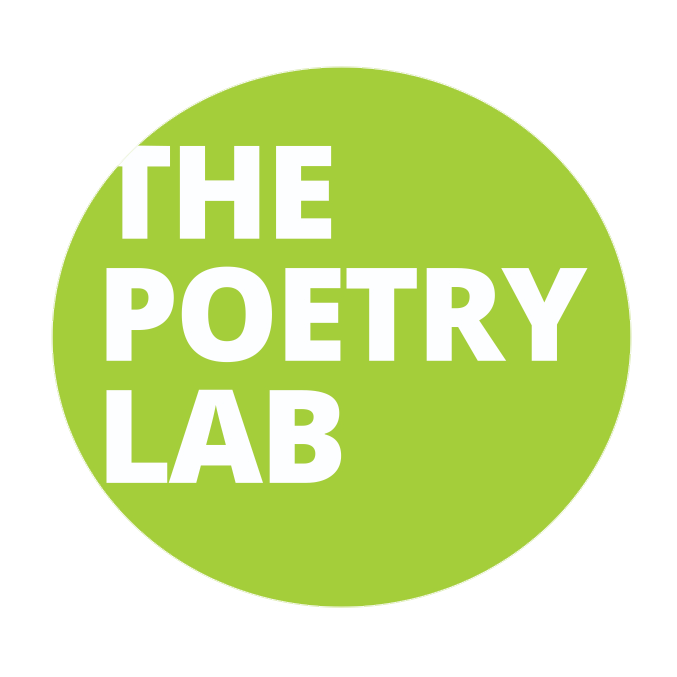
4 Ways to Restart a Learning Journey
helpful hints
MATTHEW FEINSTEINGO BACK TO THE RESOURCE CENTER >
ELIMINATING OUTDATED IDEAS OF POETRY
When people are first introduced to literature in their High School English class, the works chosen are often from writers of a past generation. The timelines in which these books were written can range from Shakespeare’s Romeo and Juliet to Golding’s Lord of the Flies, published in 1954. For poetry, the gap of who students read narrows even more--often leaving people with a few different conclusions:
They do not understand poetry
Poetry bores them
Poetry isn’t relatable
Many students end up reading Shakespeare’s sonnets or Edgar Allen Poe’s The Raven before they’re old enough to drive. So it is understandable why most people adopt these notions and vow never to read another line of poetry again. However, most people, including avid readers, are unaware of what poetry of the 21st century is like and its impact on their view of the modern world.
POETRY IN CONTEMPORARY TIMES
A living library contains works from a diverse range of writers living today. When factoring in the mainstream’s preconceived ideas regarding poetry, the living library is more essential than ever.
One of the main benefits of the living library is its ability to foster a diverse range of voices and perspectives, which in turn help readers from various backgrounds feel represented in the literary landscape. Historically, most canonical texts were written by cis white men. It wasn’t until recently that works from POC, LGBTQ+, Indigenous peoples, and disabled people started being recognized with the validity they deserved. By giving voice to living poets who have been historically silenced, there is an opportunity for these writers to discuss their work and its contribution to the societal issues we face in the 21st century.
In what ways can readers interact with living writers?
1. READINGS
One of the best places to interact with living poets is by attending readings. Poetry is traditionally meant to be heard. Although poetry provides readers with a fulfilling experience on the page, attending poetry readings is a different experience that will also support authors. There will often be numerous featured poets at a single reading, which allows people to discover poets they wouldn’t have been exposed to otherwise.
Before reading a given poem, writers might provide a bit of context about what prompted them to write it, explaining any vocabulary the audience needs to understand before reading a specific piece. Poets usually have their collections available for purchase, so audience members have an opportunity to buy books from their favorite or newly discovered writers.

2. INTERVIEWS
After finishing a poetry collection, readers may crave additional context into the writer’s process, passions, and who they are as a person. Contrary to mainstream belief, poetry is sometimes fictional. A general rule shared among the poetry community is never to assume the poet is the speaker of the poem. Because of this, poetry collections have the power to peak a reader’s desire to find out more about what led this poet to write about the topics and themes in the collection.
Interviews the poet has participated in are a great way to dig up additional context readers might have wondered about. Depending on the poet, past interviews could be conducted via video on YouTube, audibly via podcasts, or written form via literary magazines.
3. DISCUSSIONS
Discussions could be held both virtually and in person and often delve into particular topics, which can be anything from critical social movements to specific methods of crafting a poem. These kinds of spaces provide readers a way to learn more about a particular aspect touched on in a collection or some techniques the poet uses during their writing process.
Also, researching poetry-related discussions about specific topics can help poetry fans discover new poets writing about things of interest to them.
4. WORKSHOPS
Workshops are an excellent environment for both new and established poets to learn from fellow poets. There are different formats of poetry workshops, ranging from revision workshops to generative workshops, spanning anywhere from a single two-hour event to meetings held for a specific number of weeks or months.
Although many workshops require payment to attend, many venues will offer scholarships to those unable to pay. Writers can also participate in local community workshops, which can be much more affordable and even offered at no cost. Those starting to dip their toes into the world of poetry writing might benefit from one-time generative workshops first since they are only a few-hour commitment and generally less expensive. The Poetry Lab hosts affordable one-time generative workshops every month featuring various published writers with many different backgrounds and poetic styles.
💡 Listen to Poetry Podcasts
Our pal Shira Erlichman has guest hosted several episodes of The Slowdown Show. And we love The Poet Speaks Podcast where our collaborate Amanda Eke interview spoken word artists.
This article was published on July 28, 2021. Written by:




